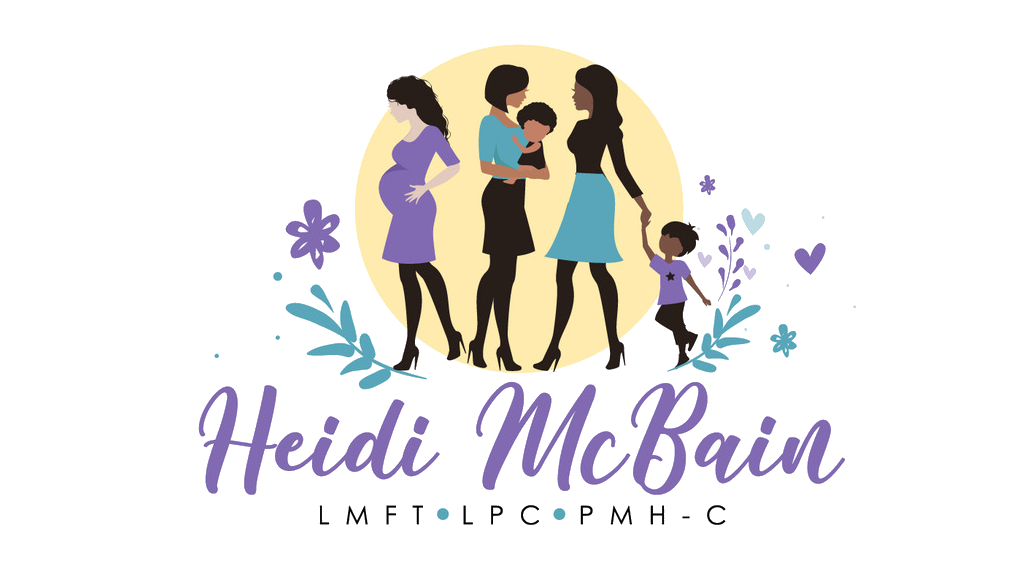

Change your thoughts and you change your world.
-Norman Vincent Peale
Today I want to share some tips about thinking patterns. In therapy, we’re so often looking for patterns in people’s lives. Behavior patterns. Relationship patterns. Thinking patterns. The first step is noticing that these patterns exist, so start by being mindful and paying close attention to the process itself!
Extreme thinking patterns often show up around perfectionism. Perfectionism can be very polarizing because it involves black and white thinking patterns, such as “I must have a spotless house, otherwise I’m a bad mom” or “I must cook a homemade dinner every night, otherwise I’m a bad wife.”
Some words to watch out for with black and white thinking include: always, never, must, perfect, good versus bad, positive versus negative, etc. Instead try to use softer, less polarizing words such as: sometimes, maybe, might, fine, good enough, alright, etc.
Other thinking patterns to keep a lookout for include “shoulds” and “shouldn’ts.” These are often the result of external pressures and feeling like you must do a certain thing or be a certain way, otherwise you’ll be judged harshly by others. You can start to soften this form of thinking by quieting down the external noise and honing in on how you feel emotionally. What’s your deeper truth here? If you were to fully trust yourself, what would you do and who would you be?
You can start to soften the external judgment (and any internal self-judgment) by coming from a place of self-acceptance, that kind, gentle and caring place within yourself.
A final thinking pattern to look for is the “buts.” Phrases like, “I love you, but I hate when you…” Pay attention here as what comes before the “but” is null because what comes after it is the new focus, so the first part ends up being discounted. Some ways to soften this language include “ands” and “both.” A new phrase would look something like, “ I love you and find your behavior frustrating at times.” This language frees up space to be able to feel two opposing things (or more!) at the same time. Plus, this can open up conversations instead of leaving people on the defensive trying to protect themselves.
These concepts are very big in the CBT (Cognitive Behavioral Therapy) world. Basically, if you work on changing your thoughts, it will in turn have an impact on your behavior as well. The hope is with a few small changes, you’ll be able to come from a place internally where you’re softer and more accepting of yourself and others.
Good luck as you start this process for yourself!





